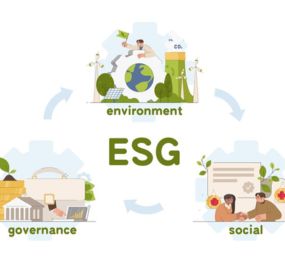Climate justice goes beyond the environmental discourse, emphasizing fairness, inclusivity, and equity in responses to environmental challenges. It is a call to ensure that the burden of climate change and its consequences does not fall disproportionately on vulnerable communities.
One of the key principles of climate justice is inclusivity in climate action. Policies and initiatives should be designed to engage and benefit all communities, regardless of socio-economic status or geographic location. This approach recognizes that vulnerable populations often bear the brunt of environmental impacts and aims to redress historical and systemic injustices.
Community engagement is pivotal in climate justice. Recognizing the unique insights and knowledge held by local communities, involving them in decision-making processes ensures that climate responses are contextually relevant and effective. Indigenous communities, in particular, often have valuable traditional knowledge about sustainable practices that can contribute to climate resilience.
Ensuring fair climate policies is central to climate justice. Regulatory frameworks should prioritize the reduction of greenhouse gas emissions while also addressing social and economic disparities. This includes considerations for just transition policies that support workers and communities affected by the shift to sustainable practices.
The principle of environmental equity highlights the need to address disparities in environmental burdens and benefits. Historically marginalized communities are more likely to face environmental pollution and climate-related impacts. Climate justice demands an equitable distribution of both the challenges and the benefits of environmental policies.
In the broader context of sustainable development, climate justice advocates for a holistic approach that considers the interconnectedness of social, economic, and environmental factors. It emphasizes solutions that not only mitigate climate change but also promote well-being, social equity, and economic prosperity.
In conclusion, climate justice is a crucial framework for shaping responses to environmental challenges. By prioritizing fairness, inclusivity, and community engagement, climate justice ensures that global efforts to address climate change are not only effective but also uphold the rights and well-being of all, creating a more just and sustainable future.
To register or learn more about the Forum please check here: https://www.leadventgrp.com/events/world-esg-and-climate-summit/details
For more information and group participation, contact us: [email protected]
















